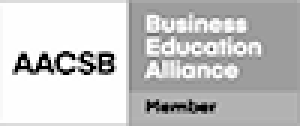Custom Programmes
The Custom Executive Education seeks to anticipate and stimulate organisations’ needs, by proposing contents and formats suitable to support clients in their growth and transformation, empowering proactive behaviours toward organisations.
In delivering Custom programmes, the School pursues and combines the following three approaches:
1. Research-based: Faculty members are experts and actively engaged in their research areas.
2. Experience-based: A select pool of top executives and consultants teach topics related to their professional activities.
3. Problem-based: Participants engage in projects and laboratory work, wherein they are expected to develop solutions to real-world management problems.
We design Custom programmes that provide an effective learning experience suitable to the culture and developmental needs of each respective corporate client. The key features of Custom programmes include:
- A purpose-built campus learning environment that:
- Allows executives to step away from their day-to-day activities to facilitate the development of new skills and ideas.
- Gives corporate clients the ability to control the effectiveness of the entire learning experience for their employees.
- Integrates 360° assistance to client organisations that include customised training path, coaching activities to enhance the learning experience, consulting projects to support growth and transformation, and systematisation of key takeaways with development of case-studies, business challenge or dissemination events.
- A team of faculty and staff members with experience in the design, management, and control of Customised programmes.
- Administrative and academic staff members with in-depth expertise and competencies in adult learning, teaching methods, and programme design.
While each Custom programme has unique features, the School has developed and defined some formats (customisable according to the training needs of the partners and target of participants involved) to support companies in the initial articulation of the customized training project. Formats have been clustered according to delivery methodologies and techniques:
- Core Programme: Training course entirely co-designed developed with the organization to ensure ad hoc training interventions. The programme analyses concepts tools typical of the organizational world through scientific methods ad business practice lenses. An innovative “blended” teaching mode is applied with prevalence of “live” or “synchronous” learning and integration of classroom and experiential training techniques.
- EMP Executive Management Programme: Complete and extensive Managerial Programme. It is a path that intends to strengthen the capacity of strategic vision, to transfer transversal skills, knowledge and managerial tools to improve the professional profile of the participants, increasing self-awareness and the ability to “guide” their own growth path and that of collaborators.
- Flex Programme: Format with relevant use of asynchronous digital modules integrated with verticalizations on the industry in “Live” moments (in presence or virtual), within a flexible and engaging framework. It is ideal for strengthening “key” skills for middle and top corporate management.
- Experience Programme: Format based on a highly experiential technique (70% interactive teaching) thanks to the extensive use of laboratories, simulations and Business Cases. It is a path designed to maximize the impact of the training intervention, significantly affecting of the operational skills of the participants involved.
- Coaching & Individual Training: In coaching programmes (individual & group coaching) Luiss BS partners with clients in a transformative process that empowers and inspires them to reach their fullest potential. The coach provides an emotional reference while supporting the client a journey of personal development. Individual training programmes are developed to address specific needs of top managers of organisations asking for “boutique” services.
Moreover, based on contents and target audiences, the following are the programme types commonly requested by
customers and delivered:
- Functional programmes: These programmes are designed to meet a specific request by an organisation. The programmes are typically novel and entirely tailored to each client’s needs (including length, content, and teaching methods).
- Talent Development Programmes: Addressed to a specific audience (young, high-performing employees), these programmes aim to develop deeper knowledge of the company’s business as well as market threats and opportunities. Often, these programmes offer significant business impact opportunities, asking participants to apply new concepts and tools discussed during the lessons to issues/challenges proposed by their senior managers. Field projects run under the supervision of a faculty member acting as a counsellor to the participants who work in teams.
- Technical executive coaching: This type of coaching is useful when a company faces new or unusual circumstances, or when a new strategy needs to be developed. Technical executive coaching generally consists of 10-12 meetings of about 2-3 hours each but may last longer.
- Internal corporate catalogue: Typically, this is a group of short-term programmes designed to meet the diverse needs of a client’s HR function and delivered for internal employees. The programmes are co-designed with the client and generally focus on the development of job skills, soft skills, cross competencies, basic tools, etc.
- Certificate programmes: The School is a Registered Education Provider of the Project Management Institute (PMI), and has in-depth competencies in project management. In this area, School designs customised programmes aimed at preparing participants for a PMI certificate.
- Workshops: The CP&C Unit organises workshops on a variety of topics and with different formats, that is oneday meetings with a large population of managers or senior managers. These events typically begin with a large conference, and then the participants are divided into several smaller workshops focused on specific topics.
- Projects to support organisations in the development of Corporate Academies: these programmes are designed to support partners in the development of corporate academies aimed at developing internal skills and competencies to establish their own learning journey thus implementing the “train the trainer” approach.
Key Area of Expertise are
1) General Management Area: e.g.Strategy, Leadership, Business models, Innovation, Organization & people management, Finance for non finance etc.
2) Specialisation: e.g. Project Management, Advanced Accounting, Finance & Control; Finance for non finance; Marketing, Governance, compliance & Risk Management, Procurement & contract law etc.
3) Soft skills: e.g.Public speaking, Teamworking,Self-efficacy, Time management & priority setting, Decision making & Problem Solving, Big Data & Machine learning etc.
4) Driving Transformations (with focus on digital and new way of working):e.g. Digital transformation, Agile resilience, Data driven organization, Change Management etc.
All the areas are applied to the specific industry of the client organisation, in order to contextualize and provide examples, cases, exercises focused on the specific organization and sectoral environment.














